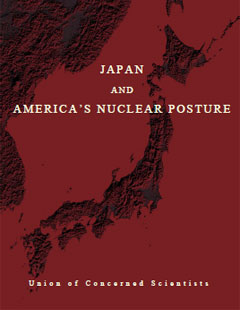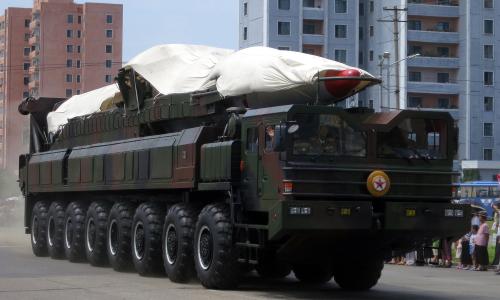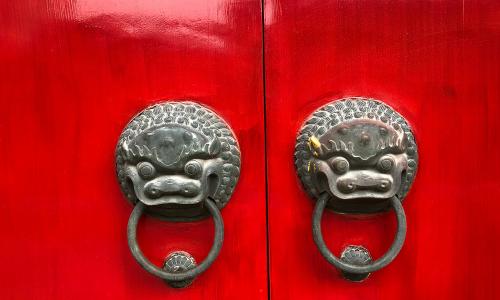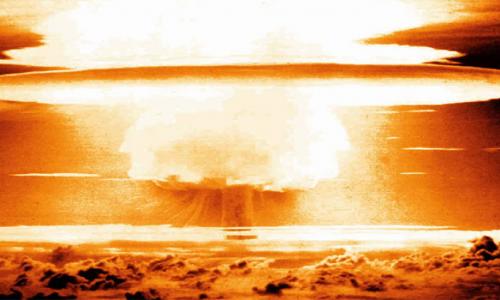In a major foreign policy address in Prague in April 2009 President Obama committed the United States to “reduce the role of nuclear weapons in our national security strategy and urge others to do the same.”
One such step that is being debated as the administration completes its Nuclear Posture Review is to declare that the sole purpose of U.S. nuclear weapons is to deter and, as a last resort, respond to the use of nuclear weapons by another country. This declaration would enhance U.S. national security and promote nonproliferation.
Opponents of such a change in U.S. declaratory policy argue that the government of Japan could not accept it because of concerns that it might diminish the credibility of U.S. extended deterrence. Some believe that limiting the role of U.S. nuclear weapons in this way creates an unacceptable risk that the Japanese government would reconsider its nuclear options, leading it to withdraw from the Nuclear Non-Proliferation Treaty (NPT) and acquire its own nuclear deterrent.
In this report we examine the claim that the Japanese government opposes the U.S. government declaring that the sole purpose of U.S. nuclear weapons is to deter or respond to the use of nuclear weapons by another country. We also examine the claim that in response to such a change in U.S. policy there is an increased risk Japan’s leaders may decide to develop Japan’s own nuclear arsenal.
We find that:
- Some Japanese security experts and officials in the Ministry of Foreign Affairs and the Ministry of Defense are concerned about the credibility of U.S. extended nuclear deterrence. However, these concerns are not new nor a consequence of the potential changes in U.S. nuclear policy the Obama administration is discussing.
- There is a long-standing consensus among Japanese security officials and experts, including those concerned about the credibility of U.S. extended deterrence, that there is no imaginable scenario in which developing nuclear weapons would be advantageous to the defense of Japan.
- Japanese public opinion polls consistently register strong levels of support for nuclear disarmament and strong levels of opposition to the development of nuclear weapons or the introduction of U.S. nuclear weapons into Japan.
- The prime minister, the foreign minister, and more than 200 members of the Japanese Diet—Japan’s national legislature—have expressed strong support for a change in U.S. declaratory policy stating that the sole purpose of U.S. nuclear weapons is to deter or respond to the use of nuclear weapons by another country.
These findings imply that the United States can make this change to U.S. declaratory policy without weakening the U.S.-Japan security alliance. Moreover, there is no evidence that this change will increase the risk that Japan will withdraw from the NPT and develop its own nuclear weapons. To the contrary, it appears that both the Japanese public and the Japanese government would welcome this change to US nuclear posture.
These findings are based in part on an extensive set of interviews in Tokyo and in Washington, DC, with current and former Japanese officials and non-governmental experts who have participated in discussions with their counterparts in the United States on U.S. nuclear weapons policy. In addition, the findings are based on a confidential study commissioned by the Japan Defense Agency (JDA) in 1995 that evaluated Japan’s nuclear options.
Because of the importance of the 1995 JDA study we commissioned an unofficial English translation of the full document, which is available here. We have also included a scan of the original Japanese text. We believe this is the first time the full text of the 1995 JDA study has been published.
We are also making available the Japanese text of an earlier Japanese report on their nuclear options. The report was conducted during the period between 1968 and 1970 on behalf of the Japanese government by an independent panel of four university academics. It concluded that while Japan possessed the technical and economic capacity to develop, deploy, and maintain a small nuclear arsenal, nuclear weapons were not well suited to the defense of Japan.




